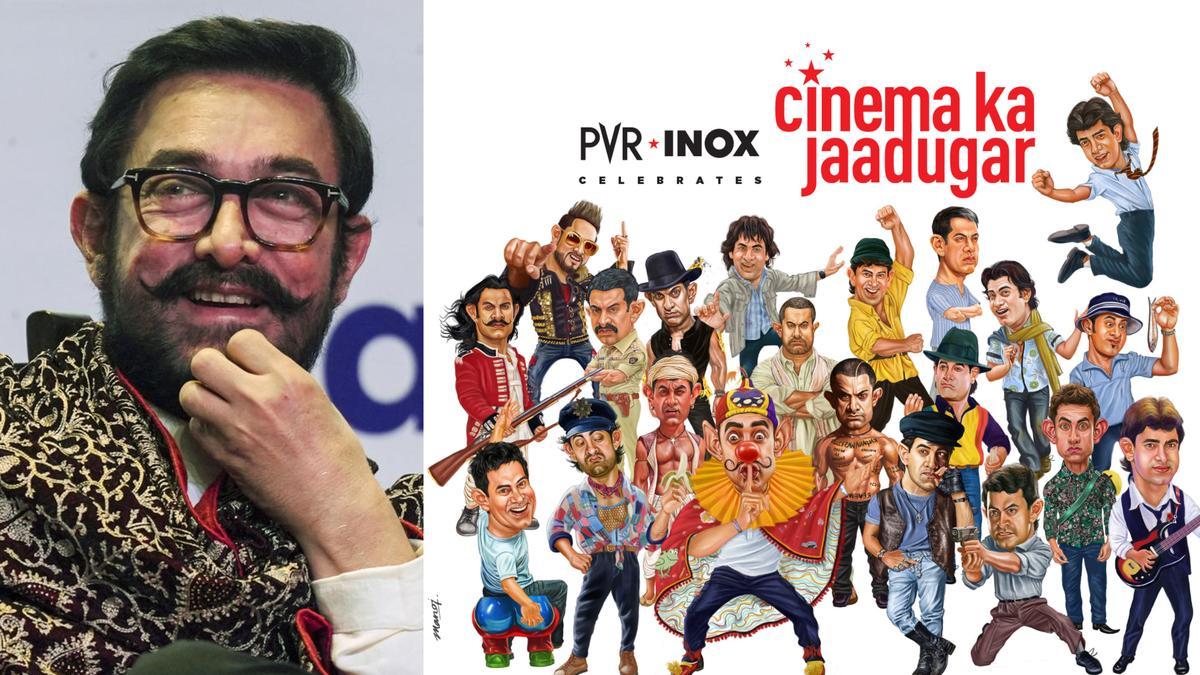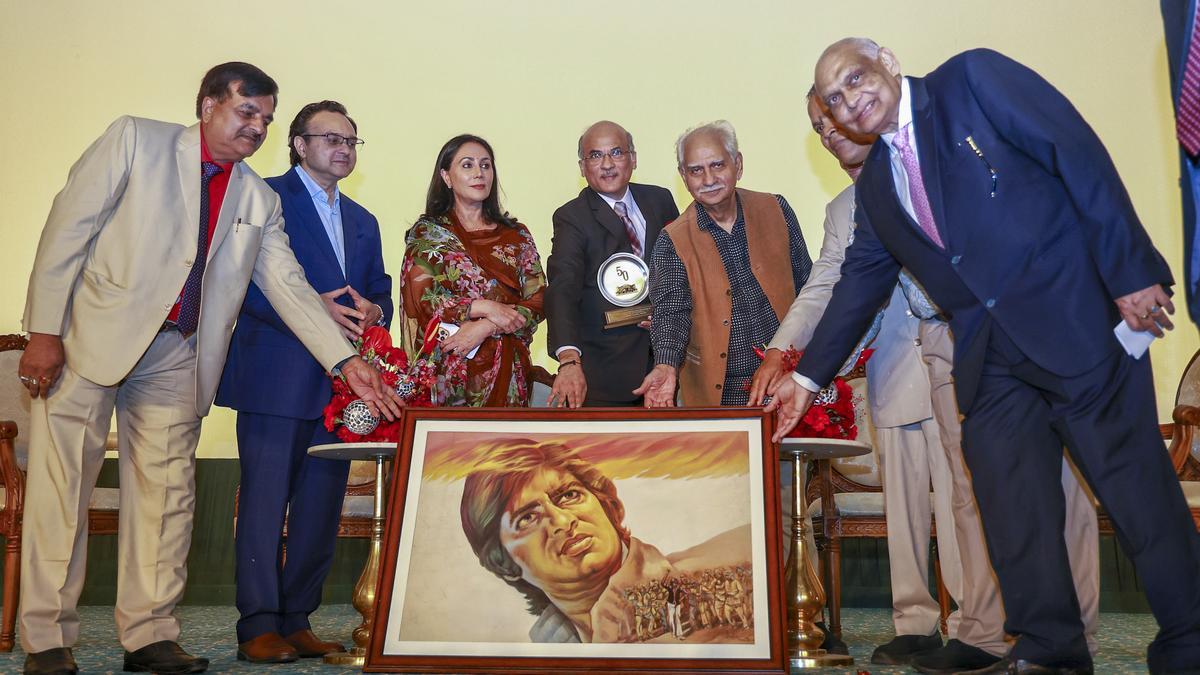
In a cinematic climate often dominated by formulaic narratives, debutant Sivabalan Muthukumar’s film “Bloody Beggar” emerges as an extraordinary breath of fresh air. This quirky black comedy, imbued with a delightful old-school energy, captivates audiences by plunging them into a wildly unconventional realm. Its uniqueness and audacity to present such an innovative concept earn it a special place in contemporary cinema.
Reflecting the spirited essence of classic films where avarice and animosity tear through familial bonds, “Bloody Beggar” echoes the thematic undertones of memorable titles like “Vietnam Veedu” and “Anbu Sagodharargal,” while infusing them with a whirlwind of modern twists reminiscent of the mystery-laden nuances found in movies such as “Knives Out.” The result is a film that weaves its charm throughout, crafting a narrative that resonates with undeniable allure.
The narrative unfolds through various perspectives, two of which stand at the heart of this story’s gravitational pull. On one side, we meet a cunning beggar, portrayed by the ever-impressive Kavin. This street-smart character, accompanied by a young boy named Jack, crafts a living through nefarious means, with Jack selling stationery at bustling traffic intersections. Their ordinary day takes a fateful turn when they stumble upon an old cine-classic titled “Kaettadhai Koduppavane,” featuring the legendary Chandrabose (brought to life by Radha Ravi) in the divine role of Lord Shiva. The beggar’s reproaches and Jack’s earnest wish to teach him a lesson set off a chain of mystical events. By divine intervention—or perhaps sheer cinematic fate—the beggar becomes ensnared in Chandrabose’s opulent residence, beset by complications he never imagined.
From another vantage point, enters the tale of Chandrabose’s dysfunctional lineage. This iconic actor, who bore four offspring—Prudhvi Raj, Priyadarshini Rajkumar, Miss Saleema, and Padam Venu Kumar—leaves behind a legacy marred by their bratty excesses. As the family matures, they spawn progeny who seem destined to mirror their wayward dispositions. However, upon Chandrabose’s demise, the siblings discover a twist of fortune when they find out that he has bequeathed the lion’s share of his estate, amounting to over 200 crores, to a long-lost illegitimate son. The lawyer embroiled in this familial web, played by Sunil Sukhada, orchestrates a sinister plot, culminating in the murder of the bastard son to favor one of the daughters. When the stoic lawyer finds a beggar eavesdropping on their malicious plots, it sets the stage for unexpected comedic chaos. Chandrabose’s specter and the beggar intertwine, crafting a script laden with dark humor.
.
Sivabalan masterfully maneuvers the screenplay, maintaining a delicate balance between captivating attention and presenting a seamless flow. As he navigates a variety of subplots, his adept storytelling ensures each sequence stands resilient, especially in an era of fleeting audience focus. The film’s narrative setups reward patience with delightful comedic gratification, despite a slight dip in humor halfway through. Notably, the chemistry between the beggar and Akshaya Hariharan’s character conveys depth; her Van Gogh-inspired designs subtly guide the moral undercurrents amid the chaos.
The world constructed by the director is richly compelling, full of enigmatic motifs, inviting audiences into a maze of suspenseful revelations. What lies within the repetitive imagery of air fresheners? What mystery surrounds Chandrabose’s fabled brother? Who is the mysterious boy who first appears on screen? The beggar’s enigmatic past with his wife, Kani, played by Merin Philip, raises further questions. And, looming ominously, a pack of ravenous hounds in their cages awaits its moment.
Distinct characters pepper the narrative landscape, none more captivating than Chandrabose’s grandson, played hilariously by Arshad. His pitched performances channel the grandeur of his grandfather’s roles, providing uproarious relief. Meanwhile, Redin Kingsley, even in subdued roles, delivers comic gold. The technical prowess of editor R Nirmal, with his imaginative editing choices, and Jen Martin’s refreshing musical scores, particularly the evocative number “Ponmayame,” underscore the film’s playful tone.
The standout performance by Kavin roots the film with its resounding emotional core. His portrayal of the beggar is infused with eccentric charm yet poignant depth, manifesting transitions in emotional beats with remarkable finesse. When Beggar laments, “People like us do not have the right to feel anger,” Kavin ensures the line resonates deeply, deftly bridging humor and pathos with authenticity.
In the end, Sivabalan’s script artfully balances character depth with the absurdity of its storyline, ensuring that tonal shifts remain fluid and engaging. As a distinctive entry into the festive Diwali line-up, “Bloody Beggar” stands out with its rich amalgamation of entertainment, meticulous world-building, and heart. Now playing in theaters, it promises a cinematic experience that charms both with its wit and whimsy.










